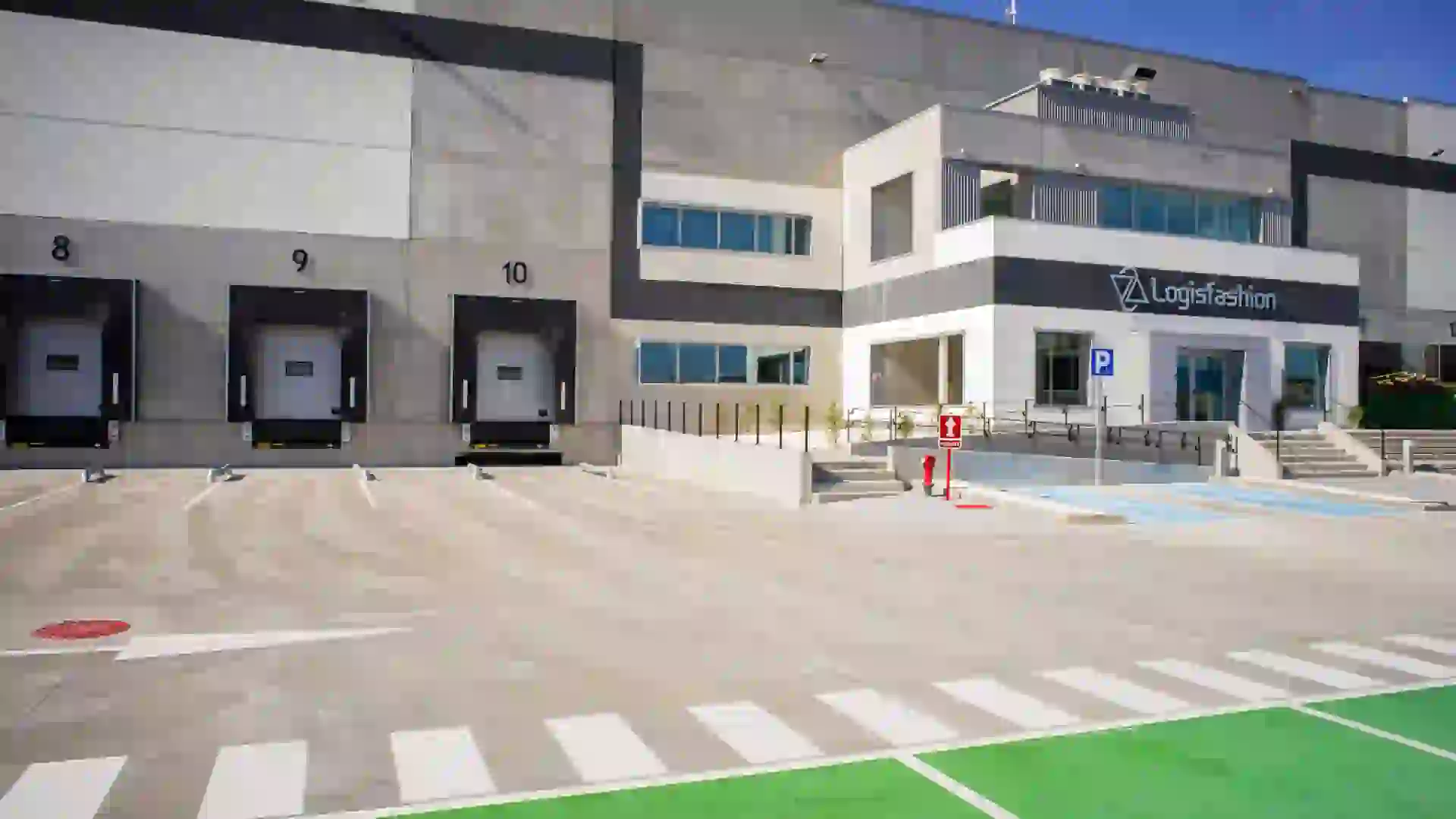Society is growing more and more concerned about sustainability. To the point where consumers have changed their consumption patterns requiring companies to be environmentally friendly. That is why organisations must be leaders of change, relying on processes and services that are more environmentally friendly.

At Logisfashion, we are aware of this reality, therefore within our business model we strive for the most sustainable solutions, with the aim of doing our bit in the fight against climate change. A value that we also want to pass on to our customers, who we help to reduce their environmental footprint using practices such as those related to our waste management processes, both in the working centres of all our subsidiaries, and in the spaces occupied in In House operations in warehouses of other collaborators. The objective is to improve the separation of recoverable materials, minimising the sending of waste to the landfill and doing so in the most efficient way for operations.
Energy efficiency is particularly important to us, that is why we have LEED Certification for sustainable buildings in our most recent facilities. All of them also have thermal solar panels, which were installed to obtain hot water in a sustainable way. And our Cabanillas del Campo centre has solar panels that help us obtain electricity from renewable sources.
Additionally, we in the company are increasingly aware of the serious problem of non-biodegradable waste for the planet. Waste that remains in our environment for centuries and pollutes our oceans, putting their biodiversity at serious risk. That is why at Logisfashion we are committed to eliminating single-use non-biodegradable products, in line with plans drawn up by the European Union to ban them as of 2021. In this sense, we use aluminium bottles to reduce the plastic of disposable bottles and have replaced plastic cups with much more sustainable corn flour cups. In addition, internally we also promote among all workers the basic recycling of paper and plastic, through specific containers located in all our plants.
El futuro de Logisfashion es sostenible
At Logisfashion, we also have a clear commitment to sustainability in the area of Quality and Continuous Improvement with systems such as Logis 6k, which strives for better organisation and cleanliness of space and resources to avoid errors involving the unnecessary use of material and resources or excessive transport due to returns or errors.
In addition, actions such as the promotion of sustainable water management, the use of electric vehicles or incentivising shared vehicles are already part of our structure, but we continue to work on the continued implementation of environmental practices that allow us to achieve the highest levels of efficiency. That is why we are calculating our environmental footprint by tracking different environmental KPIs, which help us become more sustainable in the medium and long term. These practices include:
- Loading and unloading goods: reducing pollution and waste generation by minimising vehicle waiting times, preparing goods in advance, making the most of the truck’s payload, etc.
- Location and storage: optimising the layout, reducing the number of movements of goods and personnel, optimising our machinery and checking its consumption, taking care of the cleaning and order of the centre, or reusing pallets and packaging, etc.
- Order preparation: taking care of the state of the packaging so as not to generate unnecessary waste, implementing systems that avoid shipping errors that duplicate transport, etc.
- Office work: controlling the consumption of stationery, turning off the lights and electrical appliances on the way out, monitoring the thermostat both in winter and summer, etc.
- Logistics equipment: carrying out preventive maintenance to ensure efficiency in the equipment, establishing safety protocols for the handling of batteries and other polluting liquids, etc.
- Facilities: carrying out preventive maintenance to ensure efficiency in all elements of the installation, avoiding accidents by taking care of the Fire Protection system, reviewing energy solutions, etc.
- Use of the facilities: closing the taps and using the half flush on the toilet, which should not be used as a bin, notifying any leaks and malfunctions, etc.
We all have a responsibility to the environment. That is why every little action counts; they all have a big impact on our environment. Now is the time to act. Without a doubt, the future is sustainable.

